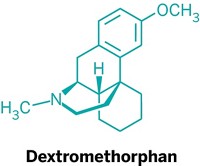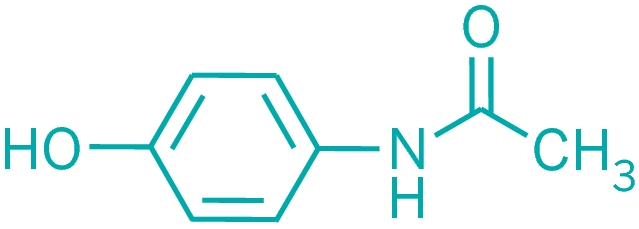Advertisement
Grab your lab coat. Let's get started
Welcome!
Welcome!
Create an account below to get 6 C&EN articles per month, receive newsletters and more - all free.
It seems this is your first time logging in online. Please enter the following information to continue.
As an ACS member you automatically get access to this site. All we need is few more details to create your reading experience.
Not you? Sign in with a different account.
Not you? Sign in with a different account.
ERROR 1
ERROR 1
ERROR 2
ERROR 2
ERROR 2
ERROR 2
ERROR 2
Password and Confirm password must match.
If you have an ACS member number, please enter it here so we can link this account to your membership. (optional)
ERROR 2
ACS values your privacy. By submitting your information, you are gaining access to C&EN and subscribing to our weekly newsletter. We use the information you provide to make your reading experience better, and we will never sell your data to third party members.
Biological Chemistry
Incense Proves Psychoactive
June 2, 2008
| A version of this story appeared in
Volume 86, Issue 22
Frankincense, which is often burned in religious and cultural ceremonies, may offer more punch to participants than just smoke and scent. Israeli researchers report that incensole acetate (IA), which was isolated from frankincense resin, is psychoactive in mice, specifically showing antidepressive and antianxiety effects (FASEB, DOI: 10.1096/fj.07-101865). In addition to the mice studies, Arieh Moussaieff, Raphael Mechoulam, Esther Shohami, and their colleagues at Hebrew University of Jerusalem also found that IA activated an ion channel called TRPV3, which is involved in warmth perception in the skin. TRPV3 channels are also present in neurons, but nobody has been able to figure out the ion channel's role in the brain, Moussaieff says. "Frankincense has been used in religious ceremonies in most major civilizations over the past 4,000 years," including ancient Egypt, Greece, and Judea, Moussaieff notes. "Our results imply that TRPV3 channels in the brain may play a role in emotional regulation. Furthermore, the biochemical and pharmacological effects of IA may provide a biological basis for deeply rooted cultural and religious traditions."






Join the conversation
Contact the reporter
Submit a Letter to the Editor for publication
Engage with us on Twitter